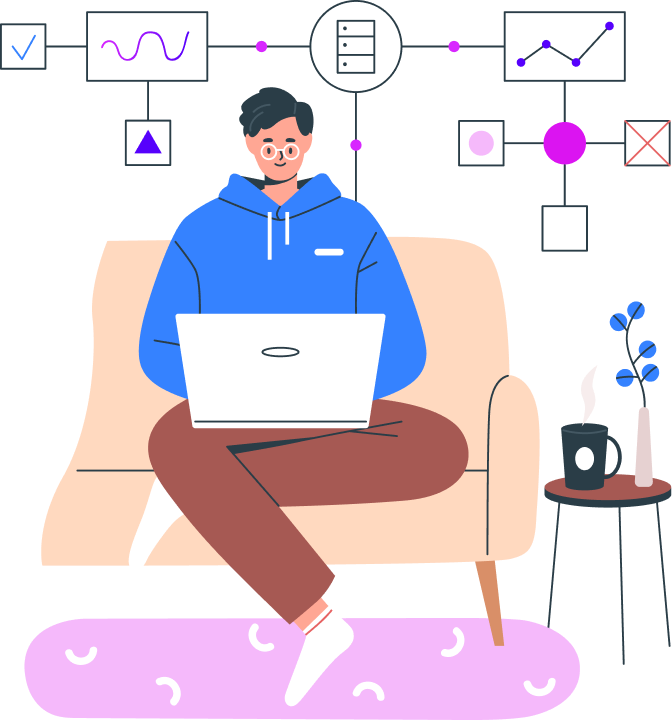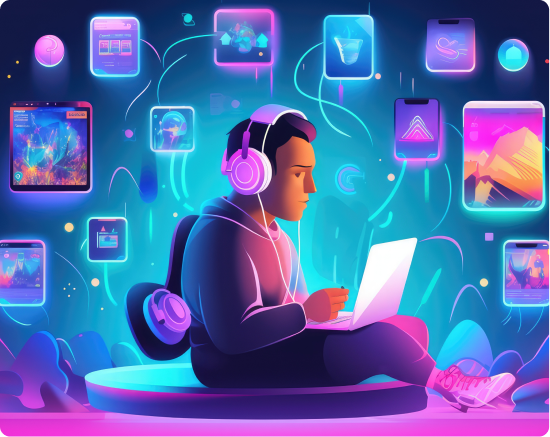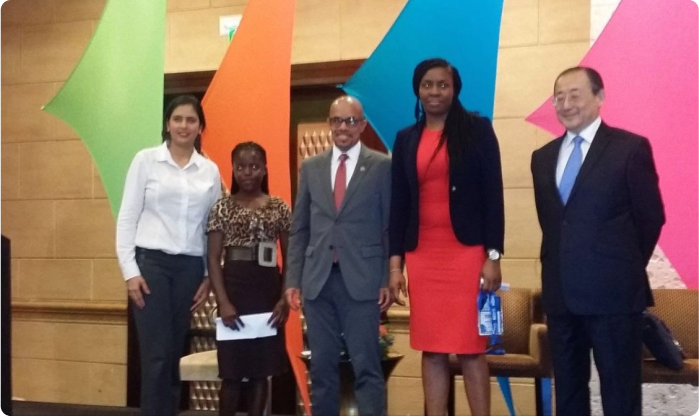Three Disrupters of Online Education & How to Mitigate Them
Brenda Thomas
Brenda Thomas has a Master of Arts in Humanities and has worked as an online instructor and instructional designer in higher education.

What can we do when there is a major disruption to online education?

This article focuses on three disrupters of online education and ways to mitigate them. The unexpected COVID-19 pandemic disrupted in-person education, and online methods became the fallback measure so that teaching and learning could continue. But what can we do when there is a major disruption to online education?
As I write this article, hurricane Helene is flooding the southeast United States, war is continuing in Ukraine and the Middle East, and people even in places where there is good weather and peace are dealing with internet service that is inexplicably slow or cutting out. Weather, War, and Wi-fi are not the only possible disrupters to online education, but they are three issues that can affect large populations of online learners. However, online teachers and education providers can help mitigate the effect those disruptions have on their teaching and their students’ learning, and it starts by being aware of national and international events.

Weather
With advances in forecasting, we are often alerted to potential major weather events, some more in advance than others, that could affect certain geographical areas. We also know that surprise weather events or non-weather disasters, such as earthquakes or wildfires, can occur with little or no warning. Because we know these things have occurred in the past and can happen in the future, teachers and institutions should have a policy in place, before a class begins, stating that if students are affected by such disasters, they will not be expected to meet assignment deadlines during that time.
Although that does not prevent the disaster from occurring, it can mitigate its disruption to student learning by removing the stress of deadlines while they are dealing with a lack of electricity or being displaced from their homes. Several websites, such as the one for NOAA and AGI can help teachers keep track of where such disasters are taking place. But worldwide weather is not the only potential disrupter to be aware of.

War
Because it is common for online courses to enroll people from around the world, teachers and institutions should expect that some of their students might live in areas of unrest. The Geneva Academy website provides up-to-date information on the locations of current international armed conflicts. Those of us who have not had to live, work, or try to complete a degree in such circumstances do not understand the extra stress that people in those situations experience 24/7. Rather than add to their stress by having strict deadline policies on homework that, if late, automatically result in lower grades or reduced feedback, privately reach out to those students to offer a more flexible schedule on some assignments.
That procedure can mitigate the disruption to online students because it will encourage them to remain in the course and make up their work knowing they will not be penalized for missing a deadline.

WiFi
Having poor wi-fi service is far less dangerous to students than weather or war, but it can be greatly disruptive to online education. Even those of us with high-speed internet access sometimes experience service issues of various lengths and degrees for no apparent reason. That is why I am always surprised when I hear about a teacher or institution having a policy that basically says technology issues are not a valid reason for online students to turn in assignments late. I understand that the point of such a policy might be to encourage students to not procrastinate and turn in assignments at the last minute and then blame a technology issue when they are late. I also understand that teachers have to take online students at their word if or when they blame technology. But even though online students might be required to have stable, high-speed internet access, that does not guarantee that they will always have service when they need it. And if an online class is designed so that all of the tasks (lectures, readings, assignments, etc.) can be completed only while students are logged into the course, then we should expect technology issues to arise at some point. Because internet outages are not likely to make the news, especially when they occur in localized areas, we need to trust students when they say they experienced a disruption. Yes, some students might try to take advantage of such an excuse, but teachers can usually tell when that is happening, especially if that excuse is often used.
Proactive Mitigation
We cannot prevent weather, war, or wi-fi issues, but we can mitigate their level of disruption to online learning. One of the ways I have come to realize I can best mitigate how disruptive those three disrupters are is if I am willing to allow late work without penalty and have as much of the online course content available for downloading and using offline as possible. I have taken numerous online professional development courses where most, if not all, of the written course material was available as a PDF packet. Additionally, downloadable transcripts of all of the online videos were made available.
Providing as much of the online course material in downloadable format as possible combined with the policies and procedures suggested for dealing with problems related to weather, war, or wi-fi can go a long way in mitigating disruptions in online education. It is not about trying to prevent disruptions but having plans, policies, and procedures already in place in preparation for disruptions in order to proactively mitigate how disruptive they might be to online education.

TRENDING BLOG
The 9 Best Online Music Teaching Platforms in 2024
This guide provides some of the most reliable online music teaching platforms to consider, whether looking to teach online, in-person or blended, take a look at these digital options.

Justin Thomas ♦ 26 June 2024 ♦. 5-minute read
Related Success Stories






